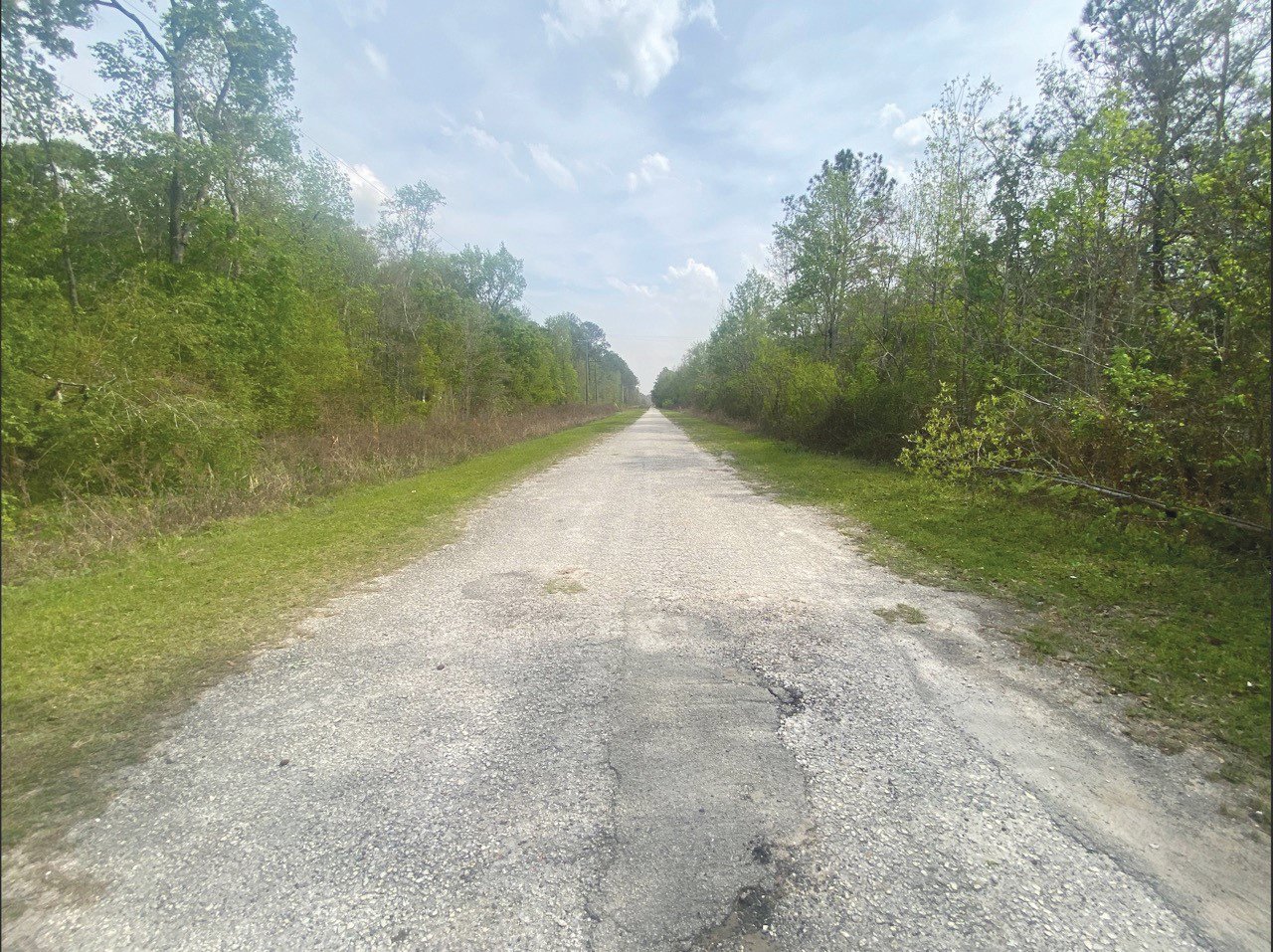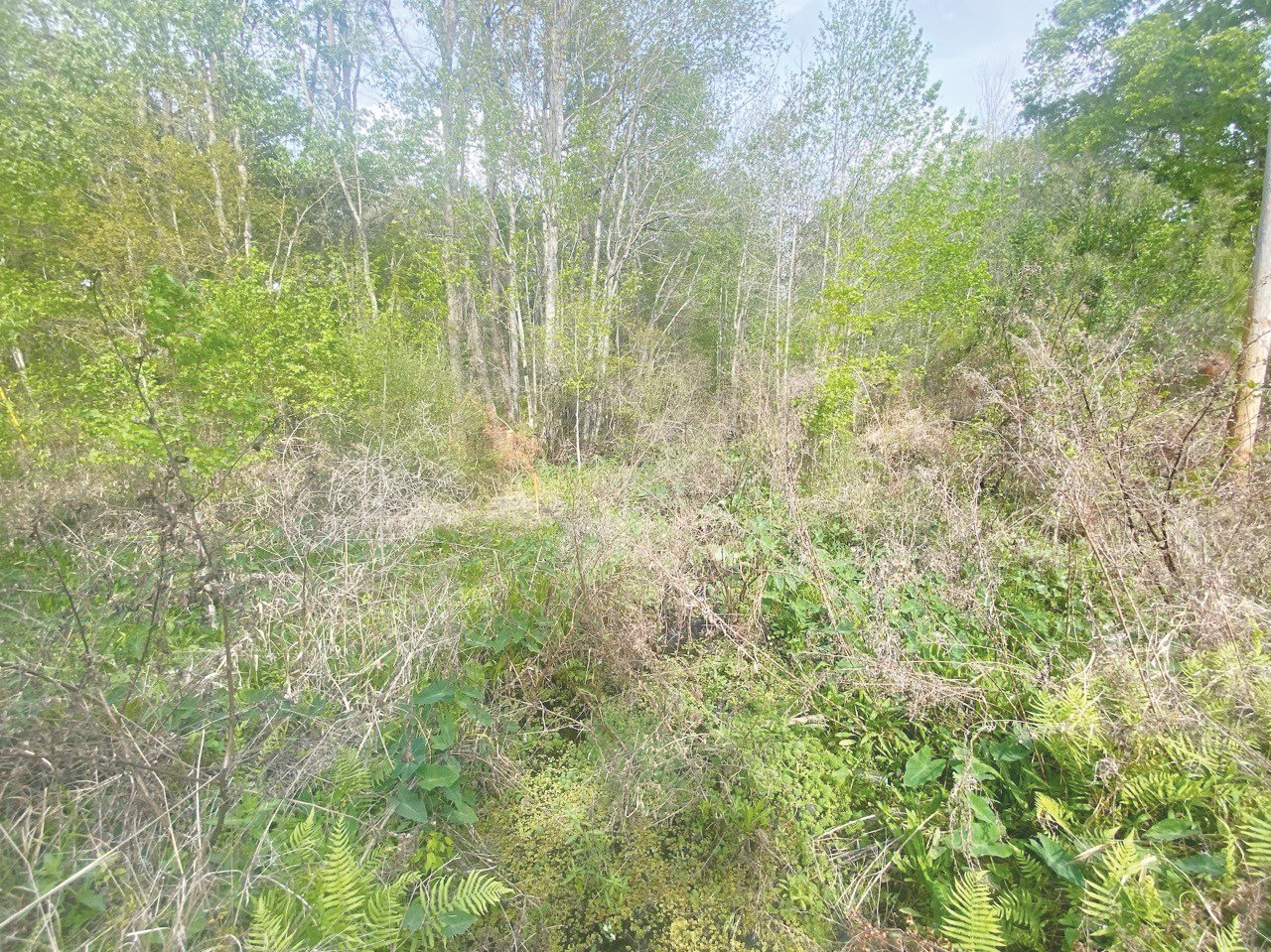The Solite saga: Anonymous experts fear hazardous materials hidden at former plant
LAKE ASBURY – The melodrama between three generations of residents who face health and quality of life issues, the former Solite plant, a shell company, a potential buyer and the local community …
This item is available in full to subscribers.
Attention subscribers
To continue reading, you will need to either log in to your subscriber account, below, or purchase a new subscription.
Please log in to continueDon't have an ID?Print subscribersIf you're a print subscriber, but do not yet have an online account, click here to create one. Non-subscribersClick here to see your options for subscribing. Single day passYou also have the option of purchasing 24 hours of access, for $1.00. Click here to purchase a single day pass. |
The Solite saga: Anonymous experts fear hazardous materials hidden at former plant
LAKE ASBURY – The melodrama between three generations of residents who face health and quality of life issues, the closed Solite plant, a shell company, a potential buyer and the local community continued with political and legal wrangling.
An anonymous source said other potential environmental problems could be in store for the 900-acre property in the Lake Asbury/Green Cove Springs area after five residents contacted County Commissioner Kristen Burke about major illness concerns they believe are connected to the parcel.
Those messages were forwarded to Florida Rep. Sam Garrison (R-Fleming Island), the Florida Department of Environmental Protection and Clay Today since the newspaper launched its investigation into the former aggregate kiln company last month. Solite also is accused of hiding barrels of hazardous materials like jet fuel and hospital biohazards.
While a sale of the property was supposed to be finalized between Stoneridge Farms and Danhour Group CEO Micheal Danhour on Monday, March 20. The FDEP told Garrison and Sen. Jennifer Bradley (R-Fleming Island) during a 90-minute phone call on March 16 that two things remain unclear, including the sale itself.
William D. Preston, a Tallahassee-based attorney representing Stoneridge Farms and Danhour, responded to a phone call from Clay Today with a six-word statement: “I can’t (comment on the matter) because I don’t know.”
A consent order has been upheld by the FDEP, which applies to the entire property. One unclear thing is how long it will take to test outside 264 acres that are already scheduled for testing. However, that testing will be conducted by Golder, a company that has been a client of Solite and their shell company, Stoneridge Farms, for more than 20 years, according to Burke.
FDEP is the only entity that can remove Golder from the project. Golder has already started testing peninsulas that connect to the main lake of the property.
Burke, Bradley and Garrison have been adamant that an independent, third-party complete the testing. The state hasn’t responded to their requests.
Anonymous test results forward to FDEP
Burke and two anonymous environmental experts have presented an extensive study was sent to County Manager Howard Wannamaker and County Attorney Courtney Grimm on March 30. That presentation was forwarded to FDEP.
The expert shared his thoughts on six-page document from May 2022 about “A Corrective Measures Study Addendum,” reviewed by the University of Florida Center for Environmental and Human Toxicology and the FDEP Business and District Support Program. Those test results from the Solid Waste Management Unit 11 Scrubber Pond and the SWMU-12 have now also come forward about the potential effects that toxins could seep into Black Creek and other local waterways.
The source said past tests already confirmed traces of arsenic, lead and cyanide in the soil on more than 200 acres of the property, which raises concerns about stormwater runoff.
During rain, stormwater that passes over hard surfaces cannot soak into the ground, so along the way, runoff can pick up pollutants like trash, chemicals, pills, dirt and sediment that creates harm to rivers, streams and lakes.
“This is why we have regulations regarding stormwater discharges,” the source said.
But not all runoff comes from impervious surfaces, he said.
Some runoff seeps into land, which is more-often-times is a natural process via excess rainwater that makes its way into waterways. That’s why property owners construct ditches and pipes to efficiently re-direct that water.
But evidence suggests the company practiced illegal and egregious health and safety practices like using hazardous materials to speed up burn processes. They also are accused of hiding cars, trucks, and boom lines in a the 100-foot-deep main lake and constructing a drainage system, he said.
“The problem: if the land is contaminated, the runoff can pick up those contaminants and carry them into our waterways if illegal dumping of hazardous chemicals can be carried by stormwater to the same rivers, streams and lakes,” he said.
Former Solite employee and whistleblower Michael Zelinka said the waterways are believed to be part of a system of ponds, peninsulas and lakes designed to hide containers and toxic chemicals.
Health issues continue to plague residents near former plant
While the chemicals are supposed to be in drums, according to testimony from Zelinka and two other ex-employees the results could still go wrong.
“Even if those chemicals were in drums, those drums will invariably leak, and likely already have. In addition, there have been multiple allegations of improper burning in the old Solite kilns, resulting in ash that blanketed most of the Solite property and private lands and homes in the area. This ash was most likely hazardous and would also be carried in runoff to our waterways,” Zelinka said of the kilns that would operate full speed at nighttime, the burning process infamously nicknamed “Balls to the Wall.”
The expert listed one potential area that could have been affected, which crosses under Doctor Ira Drive and then discharged into a canal that leads into Black Creek.
Several current and former residents near the old Solite plant have detailed some serious health issues, like cancer, joint and thyroid problems, serum lupus, rheumatoid arthritis, lichen sclerosis, inflamed lymph nodes and hormonal problems like women growing facial hair.
Sheryl Barber Hartzog, who lived lived on Russell Road near the front of Solite for 30 years. She said brother died of a heart condition and her sister is awaiting a heart transplant.
“Our family has suffered with health issues and loved ones passing. I have two siblings that have the same heart failure,” she said.
“As you collect your letters from the Russell Road community, you will see how many families have suffered from the loss of family and friends. They still continue with health issues related to this and contamination should be held accountable,” Hartzog said.
“We had high school bonfires, raked and handled the pine needles that had fallen, drank and bathed in well water that was contaminated, and ate the fruit off the trees we grew that had brown spots, and ate the cows we (harvested). I remember how many times my father had to drain the pond across the road from the house because all of the fish would die. I also recall that the fish had sores on them and this pond was fed by a stream that ran from the plant that ran alongside our house,” Theresa Barber Petty said.











